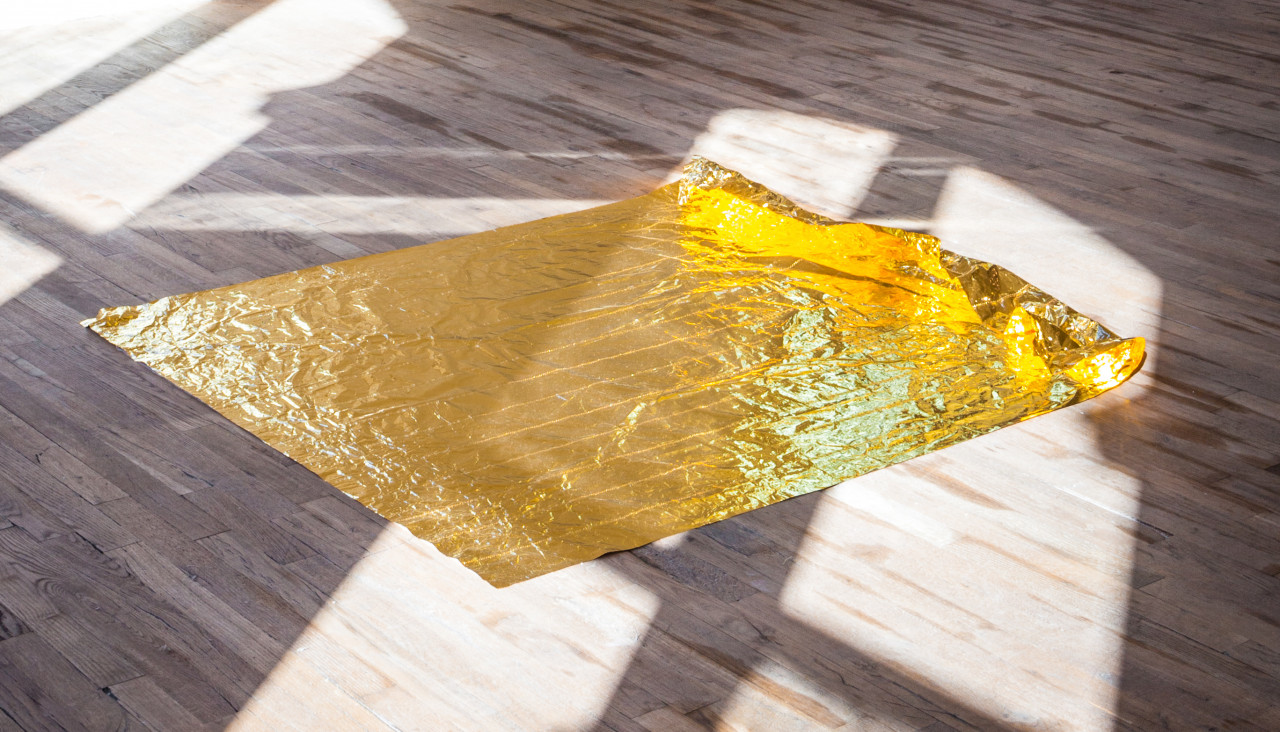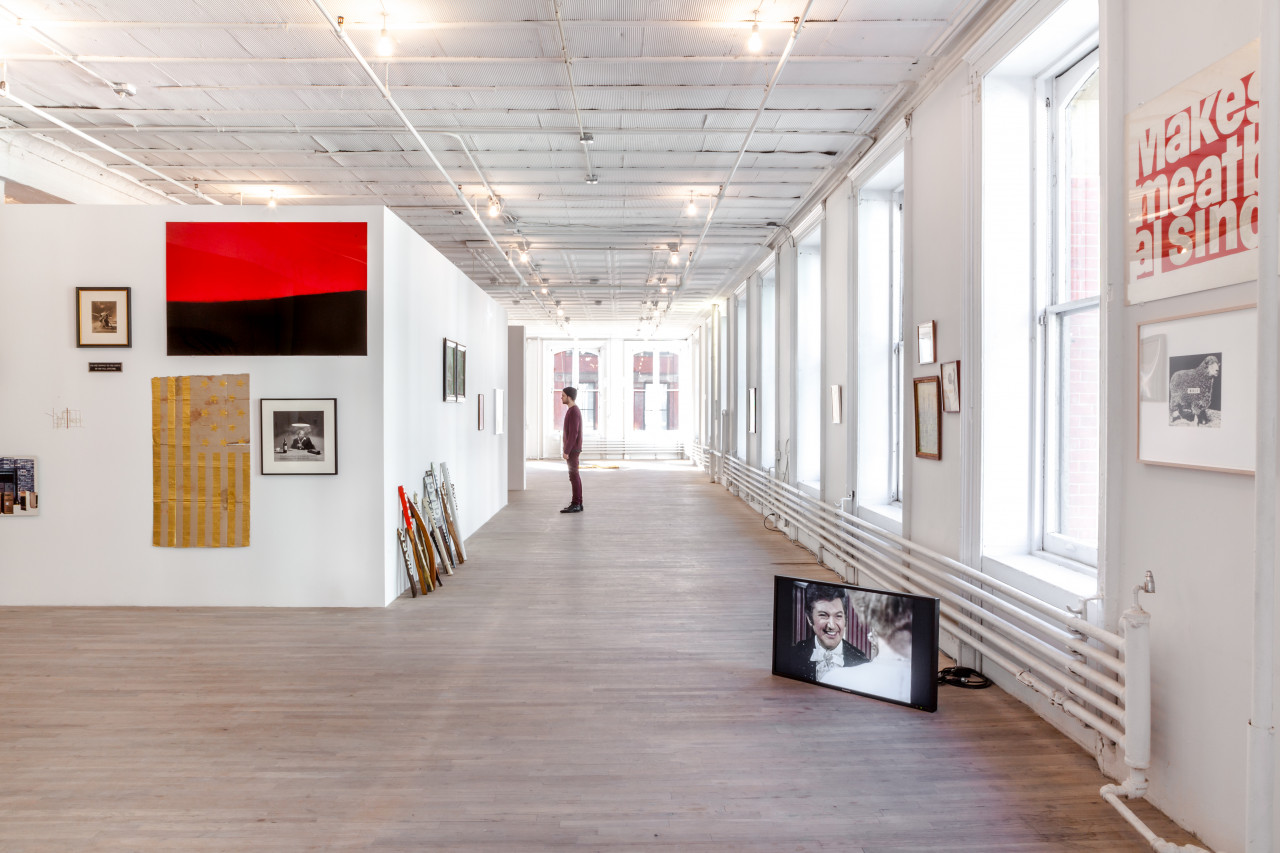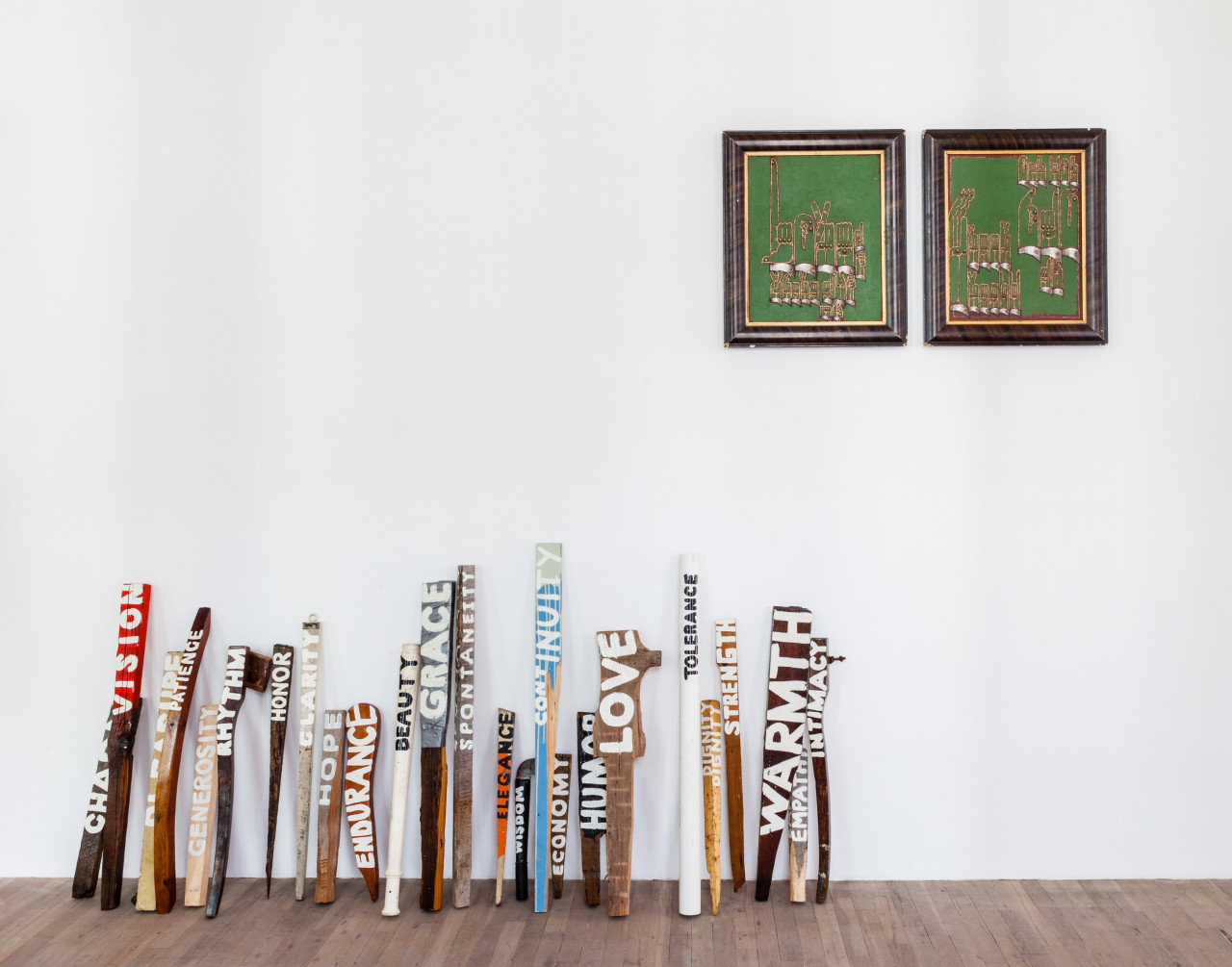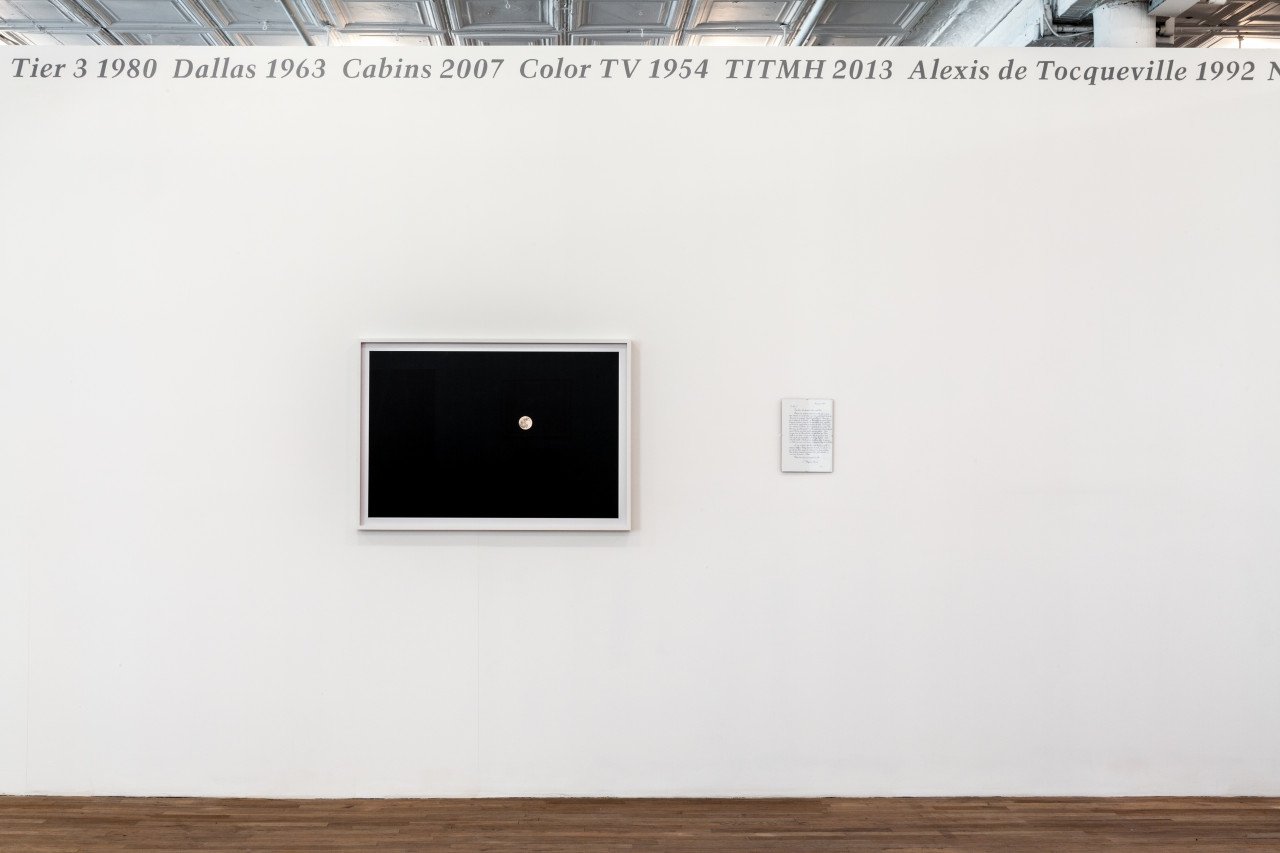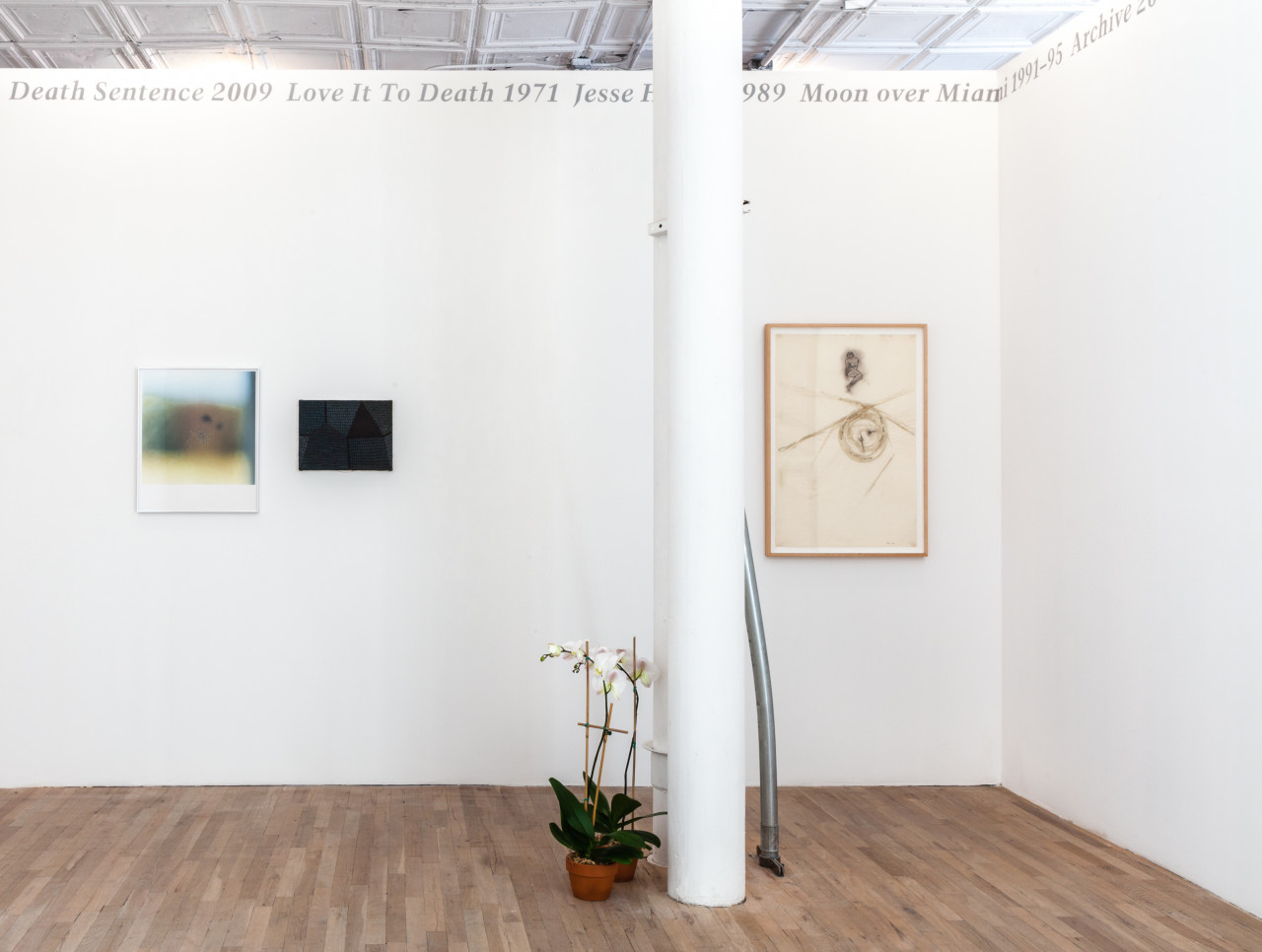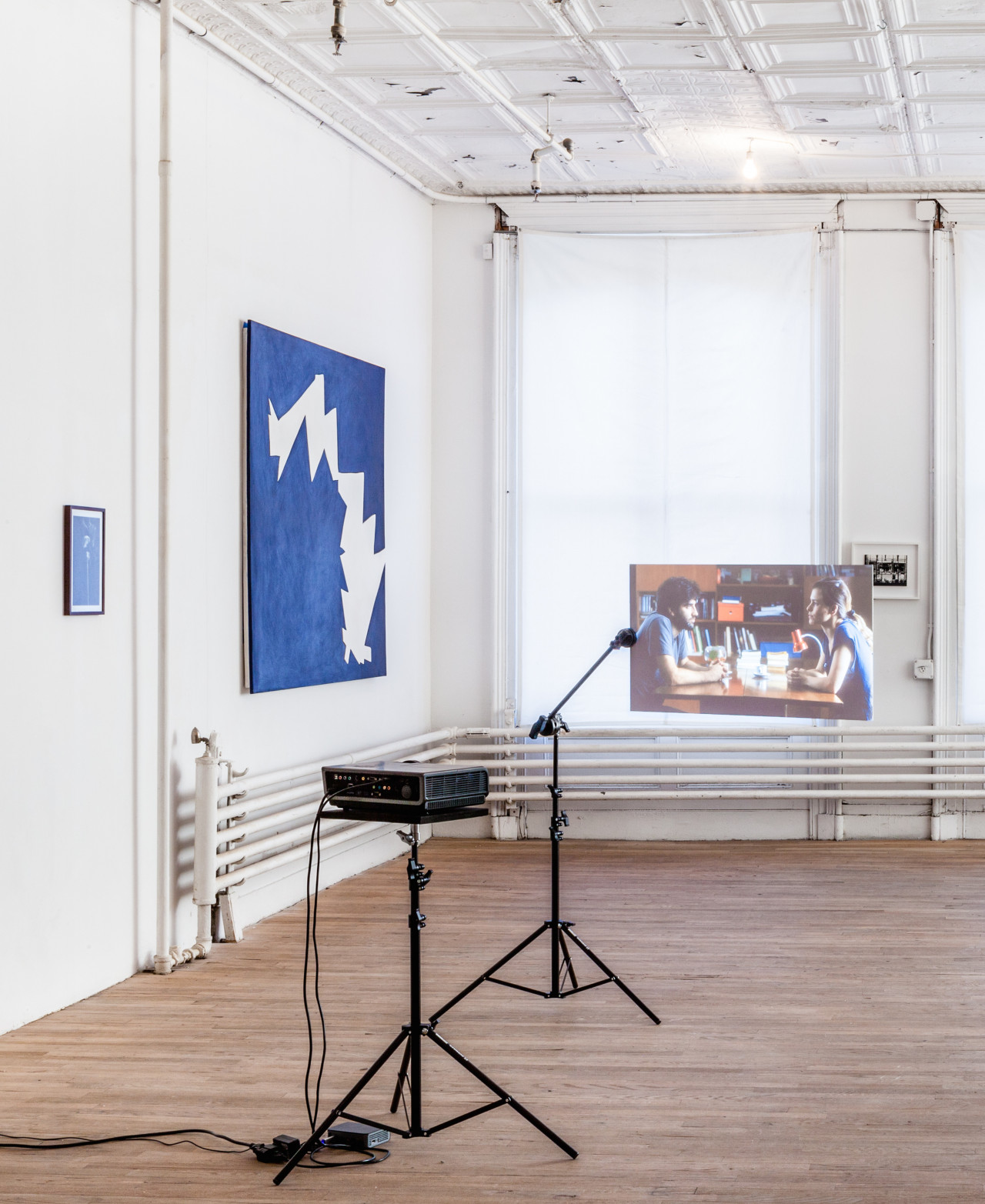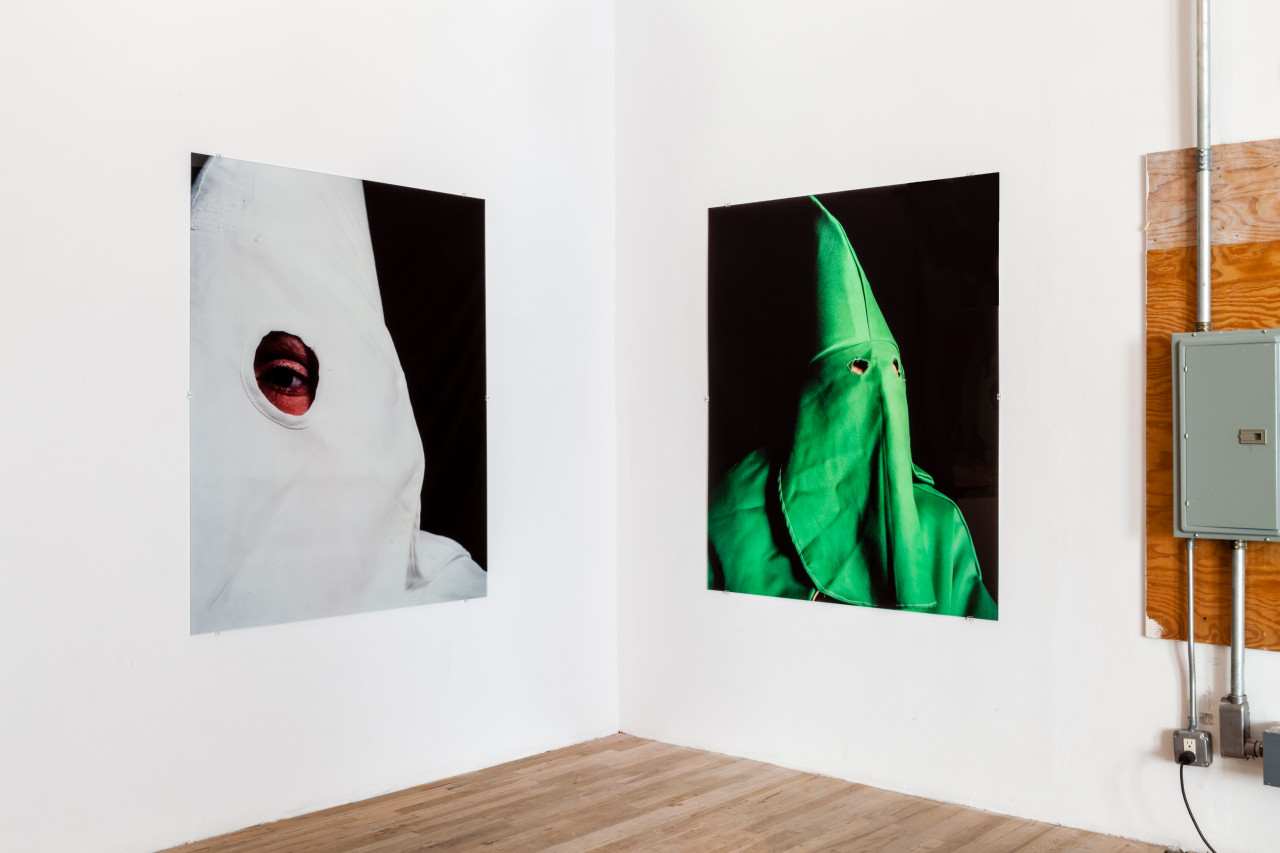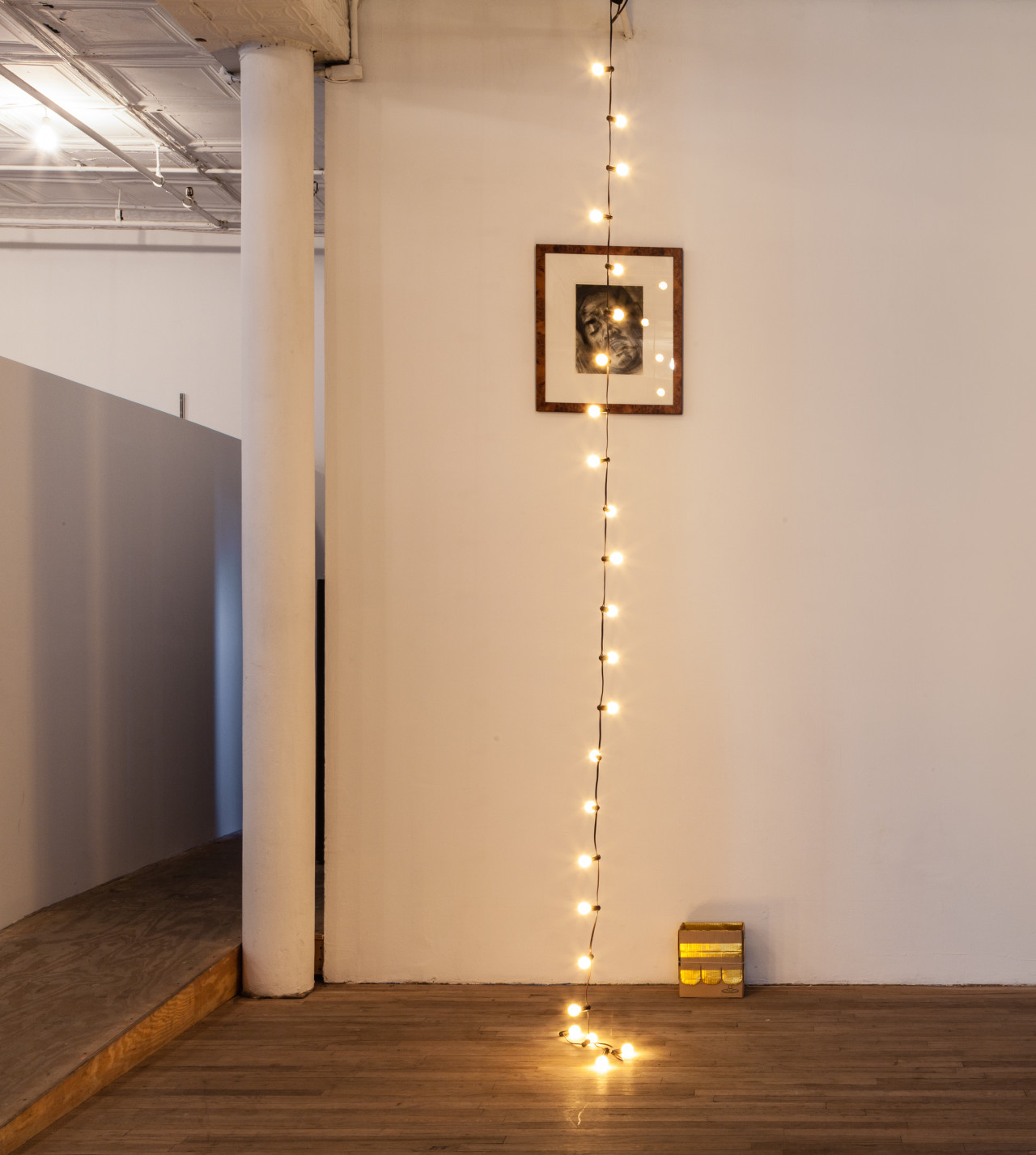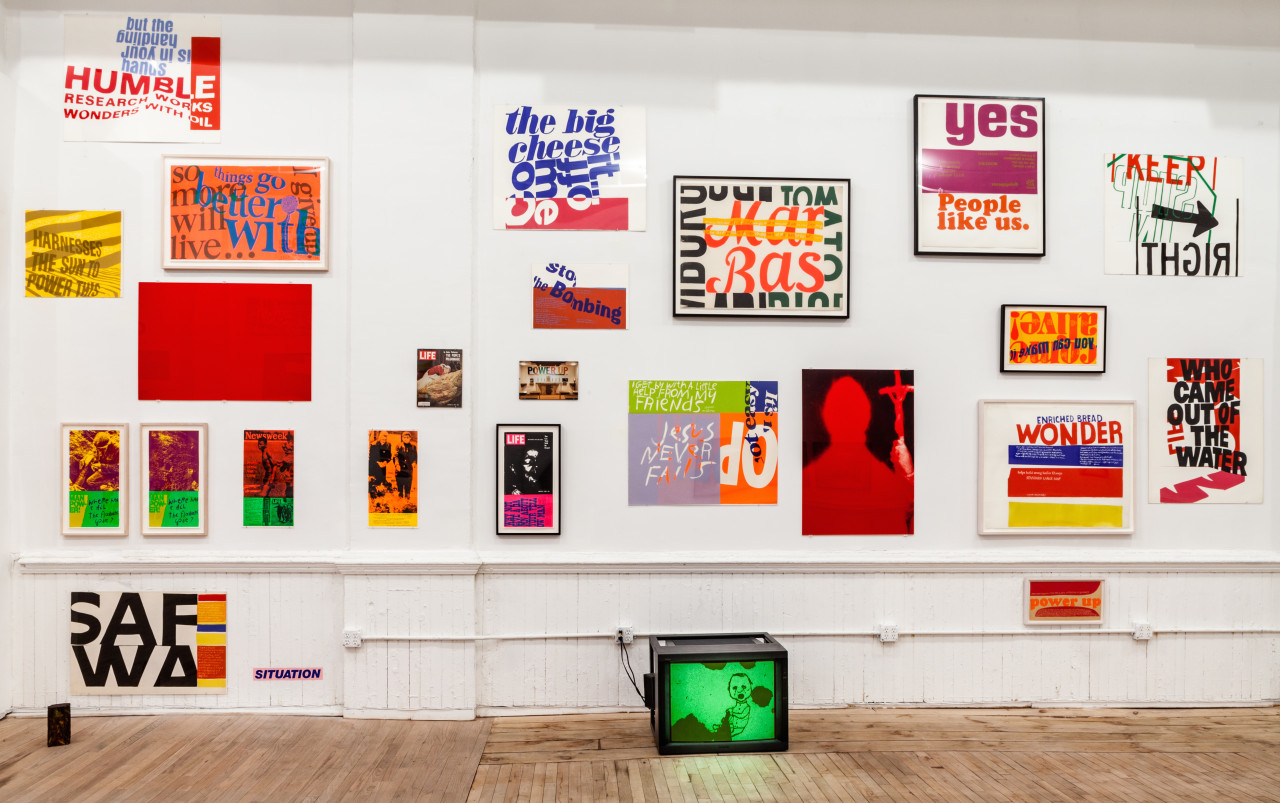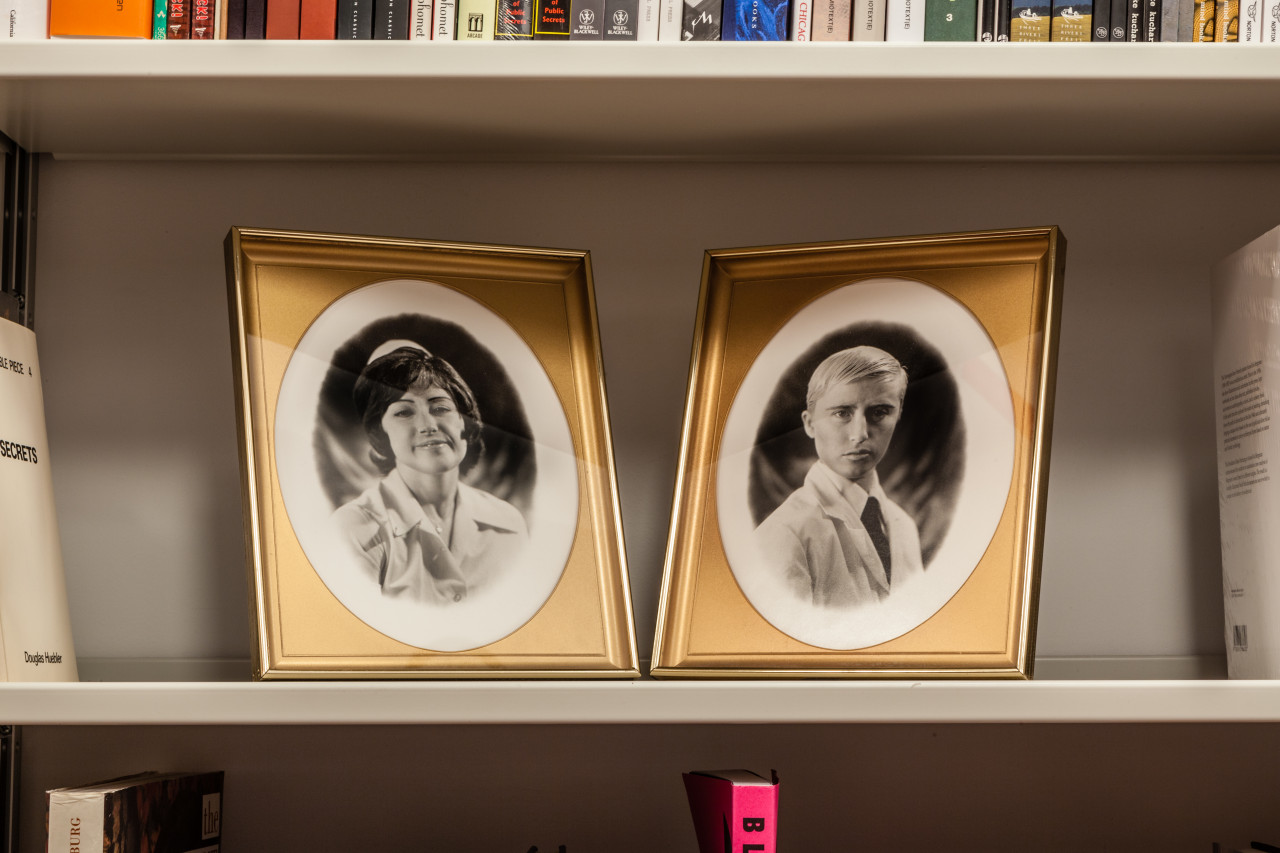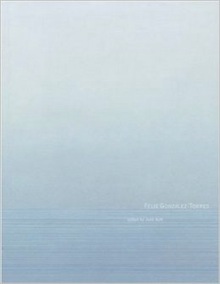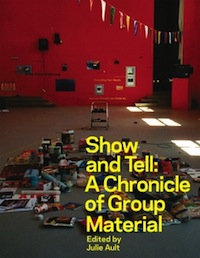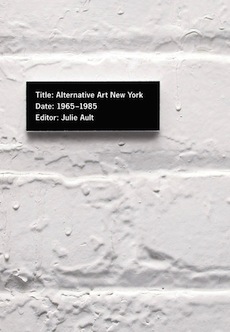Macho Man, Tell It To My Heart: Collected by Julie Ault navigates the movement of the collection from Ault’s domestic contexts to the public realm. Works that have great personal resonance are placed into a context of communal engagement – the exhibition has been organized by a team of individuals, itself reflecting numerous existing relationships and histories of collaboration, including Julie Ault, Martin Beck, Nikola Dietrich, Heinz Peter Knes, Jason Simon, Scott Cameron Weaver, and Danh Vo. This amplification of dialogues and positions raised by Ault’s practice speaks to the curatorial team’s discursive investigation of the works, their interrelations, and connections between collection, personal history, and collective identity. The collection has been used as a source from which to expand, allowing for the inclusion of works in the exhibition outside of those owned by Ault.
For thirty-five years Julie Ault has engaged in various forms of collaboration and sustained dialogue with fellow artists. The sharing of artworks has marked these discourses, emanating from the address of politics, aesthetics and the social function of art that has structured Ault’s work, and that of many of her contemporaries. The formulation of such a substantial collection constituted largely through gifting and exchange speaks to a circulation of ideas through means alternative to the predominant economy of art mediated by institutions and galleries. In its scope, and encompassing of works produced from varying artistic standpoints, the collection also emphasizes the connectedness of art objects to specific contexts, and as such their mediation between private and public discourse. In the 1980s and early 90s Group Material’s projects similarly collated various cultural objects through “review, selection and critical juxtaposition,” a collective process that emphasized “shared learning and shared ideas.” Crucially this method of working was intent less on “reflecting than on projecting out into the community.” Equally, Julie Ault’s collection is distinct from an archive, instead espousing an active inquiry into culture as proximities described over time.
While the exhibition encompasses and indexes a range of scales and localities of engagement, it is notable in how it emanates from a body of experiences shared in part by a New York-based group of artists, and shaped by the social ruptures that impacted on the Downtown scene in the 1980s and 90s. The cultural climate of this time, when various crises of representation were being addressed head on, exists as a telling bridge between art and politics, a mode of address that courses through Ault’s collection and her affinities with other artists up to the present day.
Macho Man, Tell It To My Heart: Collected by Julie Ault features work by Vikky Alexander, Martin Beck, James Benning, Sadie Benning, Nayland Blake, Jennifer Bolande, Robert Bordo, Alejandro Cesarco, John Currin, Edward S. Curtis, Moyra Davey, Jeanne Dunning, Thomas Eggerer, Andrea Evans, Steven Evans, Tony Feher, Rev. Howard Finster, Mike Glier, Leon Golub, Felix Gonzalez-Torres, Group Material, Jim Hodges, Jenny Holzer, Roni Horn, Peter Hujar, Michael Jenkins, Sister Corita Kent, Carole Kim, Robert Kinmont, Heinz Peter Knes, Louise Lawler, Mary Lum, Donald Moffett, Stephan Pascher, George Platt-Lynes, Forrest Prince, Rasmus Røhling, Tim Rollins & K.O.S, Andres Serrano, Cindy Sherman, Jason Simon, Nancy Spero, Paul Thek, Wolfgang Tillmans, Martha Townsend, Danh Vo, Carrie Mae Weems, Martin Wong, and Cerith Wyn Evans.
This exhibition is dedicated to the loving memory of Karin Higa.
The public presentation of Julie Ault’s collection began with the exhibition Tell It To My Heart: Collected by Julie Ault at Museum für Gegenwartskunst, Basel in early 2013, and has since travelled to Culturgest, Lisbon. Macho Man, Tell It To My Heart is accompanied by an extensive film program curated by Jason Simon, and a publication with photographs of the collection as installed and stored “at home” by Heinz Peter Knes including annotations on the works by the curators and texts by Ault and Marvin J. Taylor.

